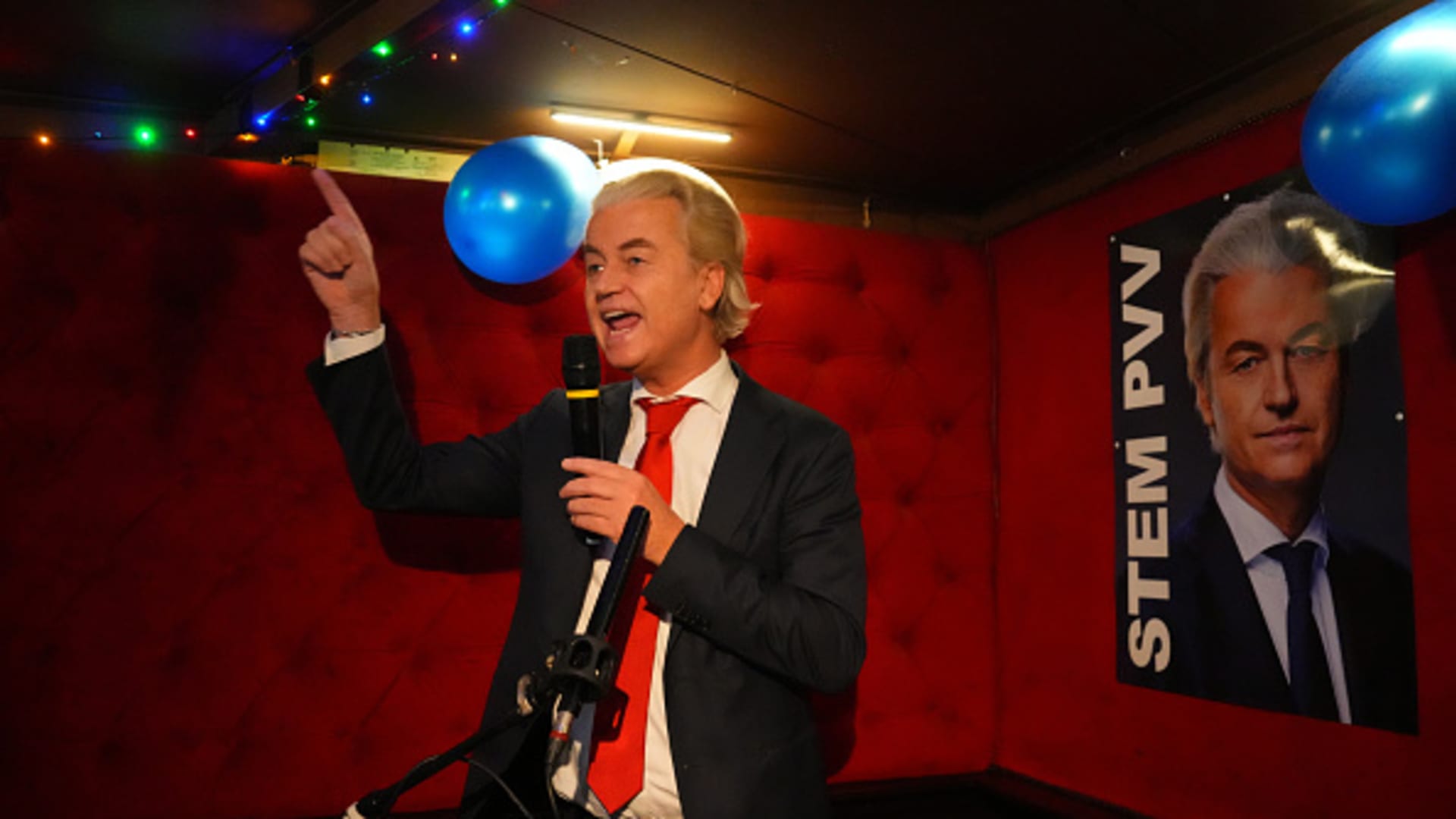Far-right Wilders wins Dutch election, raising EU concerns
Huge victory in the Netherlands
In a shocking turn of events, the far-right politician Geert Wilders emerged triumphant in the Dutch general elections, leading his Party for Freedom (PVV) to a decisive victory. Initial indications from exit polls and early results highlighted a major win for the controversial politician, who has been involved in politics for 25 years. Wilders, known for his anti-immigration and Islamophobic policies, shocked Europe with his surge to power.
Impact on the European Union and Ukraine
The results of the Dutch elections have raised concerns in Brussels and Ukraine. Wilders, a fierce euroskeptic, has proposed a “Nexit”, advocating for the Netherlands’ exit from the European Union. Furthermore, he has pledged to cut off military aid to Ukraine, sparking apprehension about the potential shift in Dutch foreign policy.
Influence and role of the Netherlands
As the EU’s fifth-largest economy, the Netherlands plays a significant role in policymaking. For 13 years, the country has been led by center-right Mark Rutte, known as the “teflon prime minister” for his ability to navigate through scandals while being an adept dealmaker. Additionally, the Netherlands has a critical partnership with the United States in trade and technology, particularly in the semiconductor industry.
Next steps for the government
The process of forming a coalition in the 150-seat Dutch parliament is expected to be arduous, especially with Wilders’ victory. While his party secured 37 seats, much depends on whether other parties will be willing to collaborate, despite prior refusals. Analysts predict the formation of a right-wing government, consisting of the PVV, Rutte’s conservative VVD Party, and Pieter Omtzigt’s New Social Contract party.
Potential challenges in economic policy
With a populist approach in fiscal matters, Wilders’ party seeks increased public spending without concrete plans for funding. Furthermore, the absence of an economic plan submitted for analysis adds to the uncertainty surrounding the new government’s economic policies.
Impact on the European Union
Analysts believe that Wilders’ victory was mainly driven by domestic issues such as immigration and the housing crisis, rather than EU-related matters. However, his stance on the EU and foreign policy could have repercussions within the bloc. Other EU leaders critical of the organization, such as those in Slovakia and Hungary, may find a potential ally in Wilders. The EU is closely monitoring the government formation process, with particular attention to the possibility of a “Nexit” referendum.
Overall, Wilders’ victory has stirred significant unease within the EU, with implications for future policy decisions and potential disruptions within the European Council.
In conclusion, the Netherlands’ elections have set the stage for a transformative period, with Wilders’ triumph potentially reshaping the country’s stance within the EU and the wider European political landscape.






